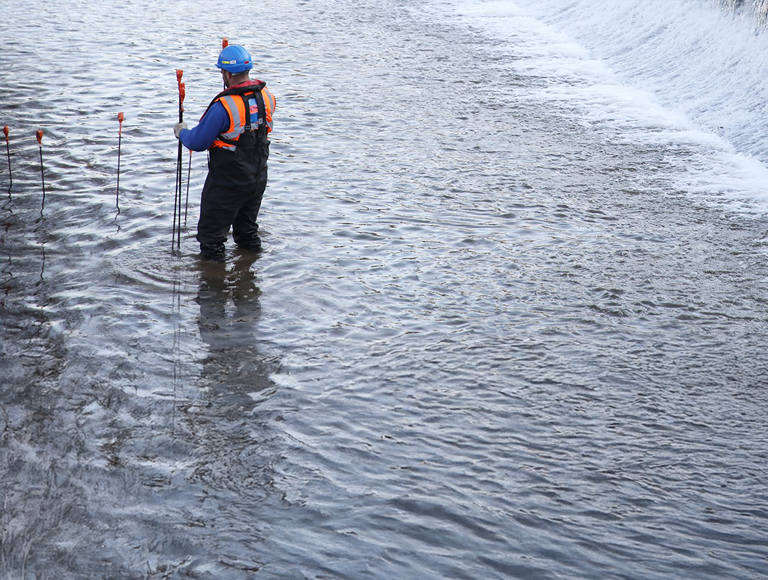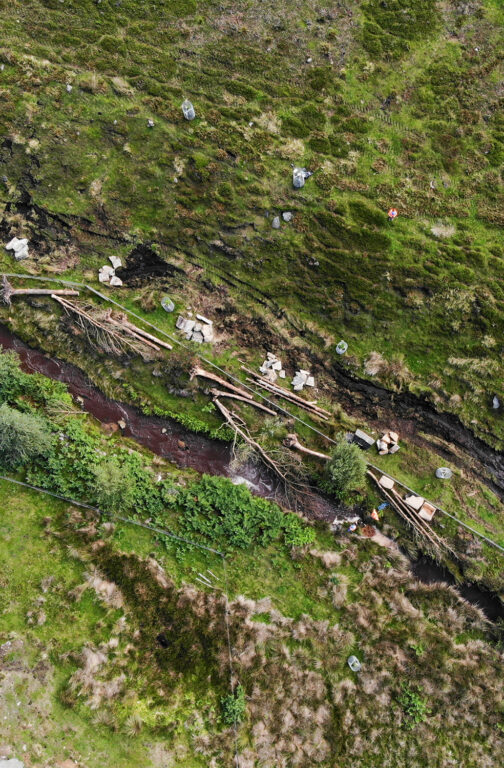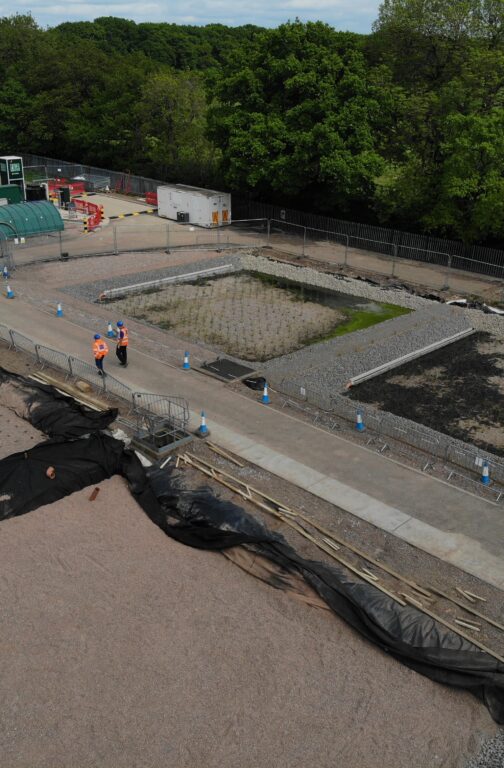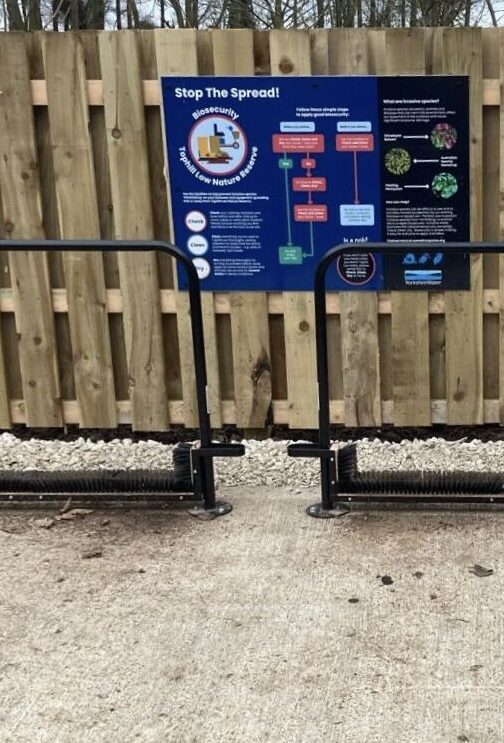The climate emergency requires immediate action from the water industry and Stonbury is proud to offer green engineering solutions that will create a more resilient future for people and the environment.
As the water industry evolves to meet its 2030 Net Zero Carbon target, demand increases for engineering solutions that are both environmentally friendly and cost effective. Stonbury is pleased to share expert knowledge and experience in greener alternatives for water engineering, from design through to construction.
Evolving Industry Standards in Green Engineering
The water industry is set to be impacted significantly by changes in climate and the resulting changes to legislation, but also plays a pivotal role in the solution; in taking action not only to reduce carbon contribution but also to help ameliorate the effects of more frequent occurrences of extreme weather.
In addition to the ambitious carbon pledge, Ofwat has demanded that the water industry considers the environment within their development programmes, in line with the Water Industry National Environment Programme (WINEP) statutory obligations and Water Framework Directive (WFD) to deliver improvements to rivers and catchments in terms of resilience, water quality and biodiversity.
In the future, engineers will be expected to assess the viability of their intended projects using the Carbon Reduction Curve. Stonbury is already proudly championing methods that satisfy the desire to ‘build less’; with asset repair and restoration, and also ‘build clever’; by minimising carbon output through each stage of a project build; and offering solutions that replace the use of traditional concrete, chemical and energy-intensive systems with greener, softer methods that improve the natural environment and sequester carbon over time.
Sustainable Building
Green engineering integrates short and long-term environmental wellbeing with water management and encompasses a range of processes from simple vegetation planting to more complex works such as river bend restoration and the creation of artificial wetland features such as ephemeral ponds, swales and reed beds; providing an array of functions from natural drought and flood protection through to full-scale water treatment processes.
‘Green’ does not equal ‘less’, and green engineering can be a highly effective alternative to traditional techniques in suitable locations. Natural Flood Management (NFM) modelling within an Environment Agency study area in Suffolk has shown that installing a range of NFM features along the river Deben could provide more than 30,000m3 of storm water storage – reducing annual average damages to properties and farmland by almost a third.
Stonbury has been involved in the managed retreat of flood defences which allows salt marsh to establish in place of expensive reconstruction of unsustainable inundation barriers, and has also delivered numerous river bank repair and improvement projects including scour protection, bank reinforcement and habitat creation. Soft engineering schemes like these offer clients sustainable and often cheaper solutions, provide wide-reaching ecological benefits and challenge the paradox that greenhouse gases created during construction eventually increase the level of flooding.
In addition, Stonbury provides expertise in constructed wetlands as an environmentally friendly and cost-effective alternative to typical wastewater treatments. Having constructed and maintained reed beds for Wessex Water, Stonbury have found artificial wetlands not only to deliver the required effluent quality (particularly reduced phosphates) but also to provide habitat for wildlife and flood resilience in some instances, acting as long-term climate mediators; sequestering carbon and contributing to industry net zero carbon ambitions.
Stonbury’s green strategy aims to reduce environmental impact at all stages of a build, starting with bio-friendly materials, locally won aggregates and the reuse of suitable in-situ materials where possible to reduce carbon output. They are also excited to be assisting the Environment Agency with managing plastics in construction, with the aim of reducing the potential environmental damage caused by micro plastics from material degradation.
A Better Future
Stonbury is eager to help turn the tide on traditional carbon intensive building, implementing projects that focus on sustainable outcomes that enhance the environment. The company is taking steps to reduce carbon emissions throughout the entire business, but understand that reducing carbon within traditional processes is not enough – to properly fulfil their moral obligations and satisfy their clients and industry ambitions, Stonbury are proud to promote green engineering for long lasting water management alternatives that protect people and the environment in the face of a changing climate.




